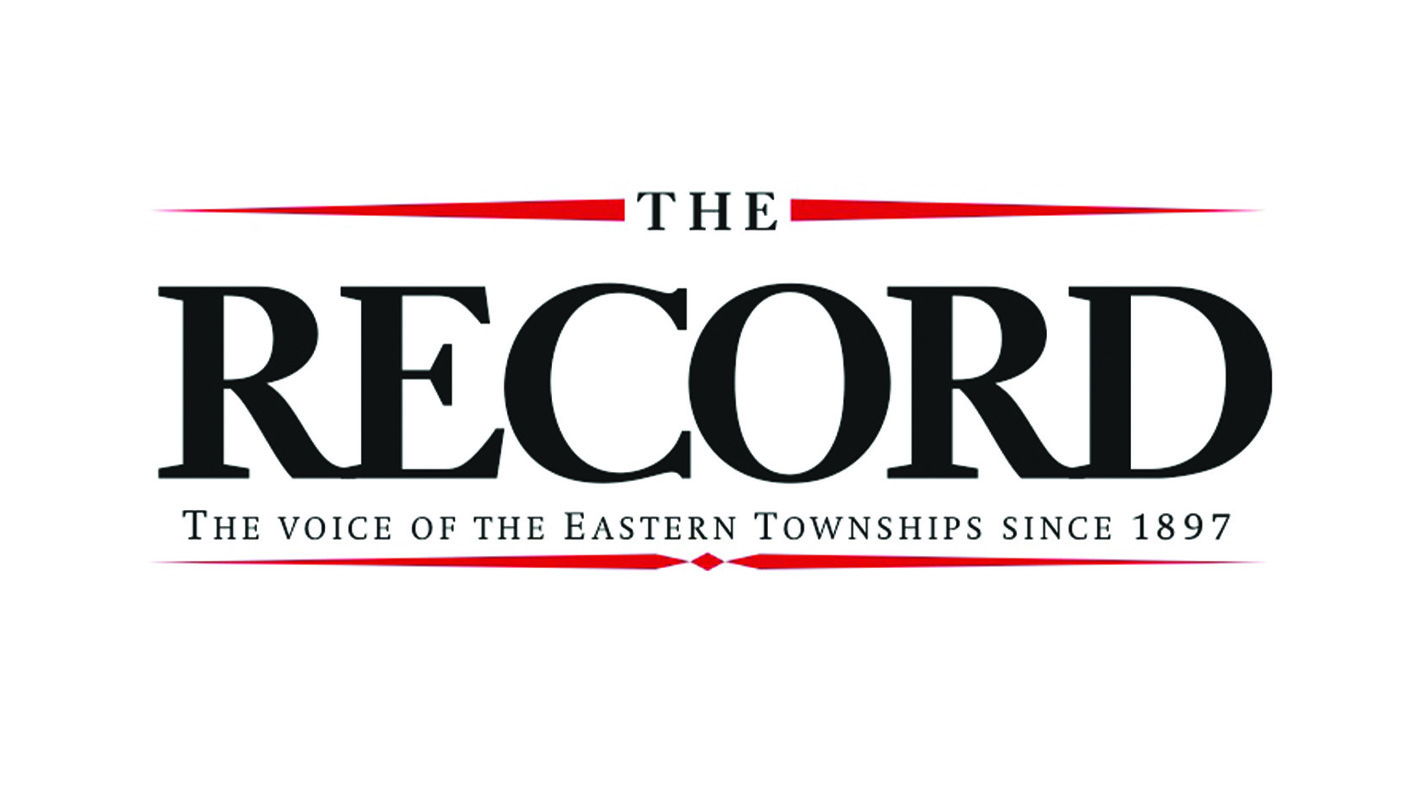It’s not unusual for public spaces and workplaces to have a first aid kit on hand, equipped with bandages, antiseptic swabs, and a range of other emergency intervention tools in case someone injures themselves. Similarly many workplaces have taken to offering occasional first aid and/or CPR training on the understanding that having someone available who can respond quickly in the case of a crisis can sometimes mean the difference between life and death.
Less known, but growing in popularity, is the mental health first aid course.
“When you do physical first aid you learn how to do CPR and all those kinds of things. When you’re working with something related to the brain, there are different approaches,” said Michael Pietrus, Director of the Mental Health Commission of Canada’s Mental Health First-Aid program and its Opening Minds stigma prevention program. “What we try to do is provide people with training so they know how to respond to an incident or support somebody who may be experiencing a decline in their mental wellbeing or mental health, or who may actually be in a crisis like a panic attack.”
Although the strategies and the situations involved are different from responding to broken bones or heat stroke, Pietrus said that mental and physical first-aid courses are similar to each other in that they aim to help people know how to identify and respond appropriately to crises.
“The goal in both cases is to stabilize the situation until professional help can be provided,” he said, suggesting that someone who has taken the mental health course is better prepared to tell the difference between a person who is having a bad day and one who is at risk of harming themselves.
Subscribe to The Record for the full story and more






